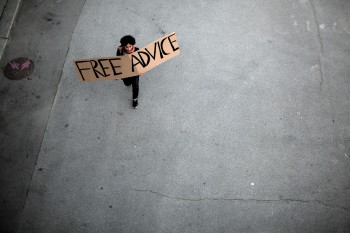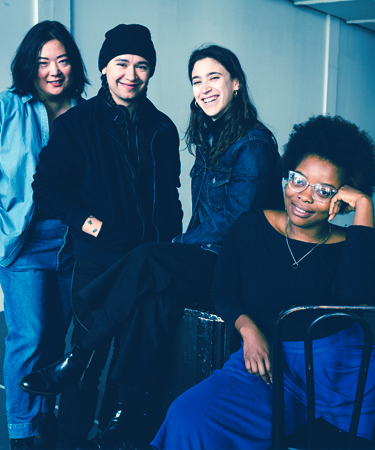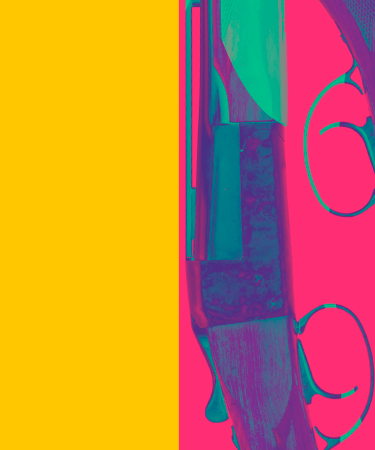September 23–November 6, 2015
Farah Saleh is a Palestinian Choreographer and dancer active in Palestine and Europe. She has studied languages in Italy and in parallel continued her studies in contemporary dance. Saleh was a Visiting Scholar in TAPS and at the Pembroke Center and was in residence at Brown during the fall of 2015, presenting a series of workshops and performances.
Saleh has been dancing with Sareyyet Ramallah Dance Company since 2010 and co-choreographed Sandwishet Labaneh in 2011, Parole, parole, parole in 2012 and Ordinary Madness in 2013.
Saleh presented the following public workshops:
October 5 and 7 from 4–7pm in Lyman Hall: FREE ADVICE Workshop – a practical exploration of the relationship between artists and society and means of keeping this relationship open and vibrant. Workshops culminated in three performances during Family Weekend Dance Concert 2015.
The workshop was a practical exploration of the relationship between artists and society and means of keeping this relationship open and vibrant. It investigated exchanging advice with passers by on the streets of Providence as a way to both keep track of people’s concerns and have artists’ physical presence in public spaces. After the intervention on the streets, the workshop experimented with the transformation of the advice exchanged with passers by into interactive performative actions, and presented them to the public in order to keep the dialogue open in the performative space.
November 6 at 5–8pm in Ashamu Studio GENDERED GESTURES Workshop: between self-representation and social projection (an open workshop sponsored by the Pembroke Center).
In the first part of this workshop the group identified what they experienced and perceived as gendered gestures and tried to understand how the specific ways we move while on and off stage are socially constructed. Then, in the second part, they performed exercises around their relationship to their bodies and the bodies of others to investigate how they could consciously start choosing among these gendered gestures, to include them or exclude them from their full range of movements.



